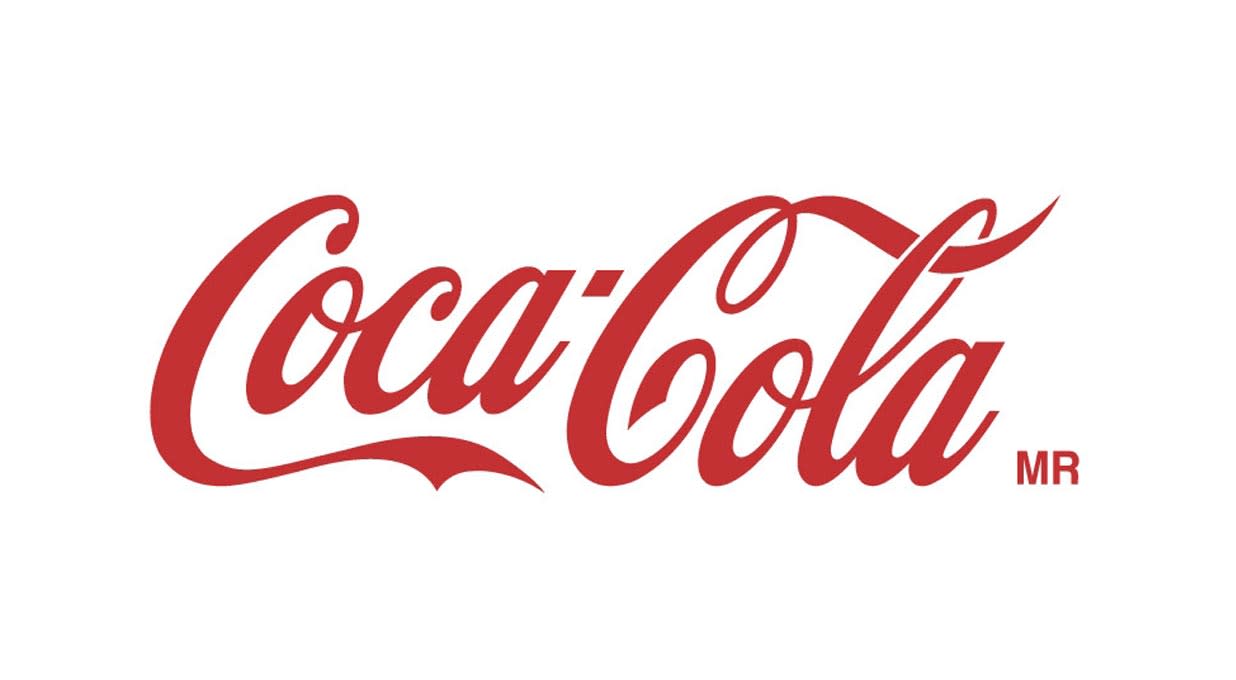Coca-Cola’s second-quarter net revenue grew 5% organically to $12.5bn. Growth was driven entirely by higher average prices, which more than offset a 1% decline in volumes.
Underlying operating profit rose 15% to $4.4bn ($4.2bn expected), ignoring exchange rate impacts. The uplift was driven by top line growth and a tight grip on costs which saw margins improve.
Underlying free cash flow, which excludes a $6.1bn performance-based payment in respect of the fairlife acquisition, rose by $0.6bn to $3.9bn over the first half. Net debt was $35.1bn at quarter-end.
Full-year revenue guidance has been reiterated, with organic growth of 5-6% expected.
The shares were broadly flat in pre-market trading.
Our view
Coca-Cola squeezed out a small profit beat in the second quarter, despite a slight decline in volumes. Growth’s being fuelled by higher prices and good cost control, which has helped to keep full-year guidance on track.
A key thing differentiating Coca-Cola from most other drink makers is its operating model. Rather than investing in big manufacturing plants, Coca-Cola partners with, and holds stakes in, local bottling companies in what's known as the Coca-Cola System.
That allows the group to keep a lid on costs and supports its industry-leading gross margins, which hover around the 60% mark. Instead, Coke concentrates its efforts on selling the syrups themselves and marketing its brands directly to consumers.
Fundamentally, Coca-Cola is a marketing machine, and its attention is devoted to soft drinks. Coke is updating its strategy and brand portfolio to focus more on sharpening its proposition on a regional and local level, but it looks more like a refinement than a revolutionary change to us. Nonetheless, it's encouraging to see the group moving forward.
When it comes to organic sales growth, we’re impressed with Coca-Cola’s continued outperformance compared to the competition. The group's diversification has undoubtedly played a large part in this, with household favourites like Fanta, Sprite, and Schweppes under its wing. But it’s the sugar-free options like Coke Zero that have been the standout performer, recording its fourth consecutive quarter of double-digit growth. Given consumers’ increasing appetite for healthier options, we see a long runway of growth ahead for Coke Zero and its sugar-free siblings.
There’s an ongoing tax dispute with US tax authorities, with a potential multi-billion-dollar payment on the line. Currently, Coca-Cola appears confident of winning the legal battle but there’s the potential for that to change in the future and any negative developments could swing near-term sentiment. In our view, the balance sheet is strong enough to absorb any negative outcome should it occur, so we don’t feel that the dispute should cause long-term investors to overlook this drinks giant.
Tariffs have unsettled global trade dynamics and have the potential to disrupt supply chains and push up costs. But given Coca-Cola’s system, with bottling plants all over the world, the impact of US tariffs looks manageable.
Coca-Cola owns one of the strongest brands in the world, and there's a lot to be said for that in an uncertain environment. Given the impressive profit growth and strong balance sheet, Coca-Cola remains one of our favourite names in the beverages sector. But investors should remember that nothing is immune to ups and downs, especially in the short term.`
Environmental, social and governance (ESG) risk
The food and beverage industry tends to be medium-risk in terms of ESG though some segments like agriculture, tobacco and spirits fall into the high-risk category. Product governance is a key risk industry-wide, especially in areas with strict quality and safety requirements. Labour relations and supply chain management are also industry-wide risks, with other issues varying by sub-sector.
According to Sustainalytics, Coca-Cola's management of ESG risk is strong.
The group is committed to reducing its water use through targets and deadlines aiming for 100% regenerative water use in all facilities by 2030. It also offers strong human capital development programmes. However, there is potential for cases of deceptive or false advertising regarding the health benefits of the products, and this may increase as the market for healthier beverages and lower calorie alternatives continues to grow.
Coca-Cola key facts
All ratios are sourced from LSEG Datastream, based on previous day’s closing values. Please remember yields are variable and not a reliable indicator of future income. Keep in mind key figures shouldn’t be looked at on their own – it’s important to understand the big picture.
This article is not advice or a recommendation to buy, sell or hold any investment.No view is given on the present or future value or price of any investment, and investors should form their own view on any proposed investment.This article has not been prepared in accordance with legal requirements designed to promote the independence of investment research and is considered a marketing communication.Non - independent research is not subject to FCA rules prohibiting dealing ahead of research, however HL has put controls in place(including dealing restrictions, physical and information barriers) to manage potential conflicts of interest presented by such dealing.Please see our full non - independent research disclosure for more information.


